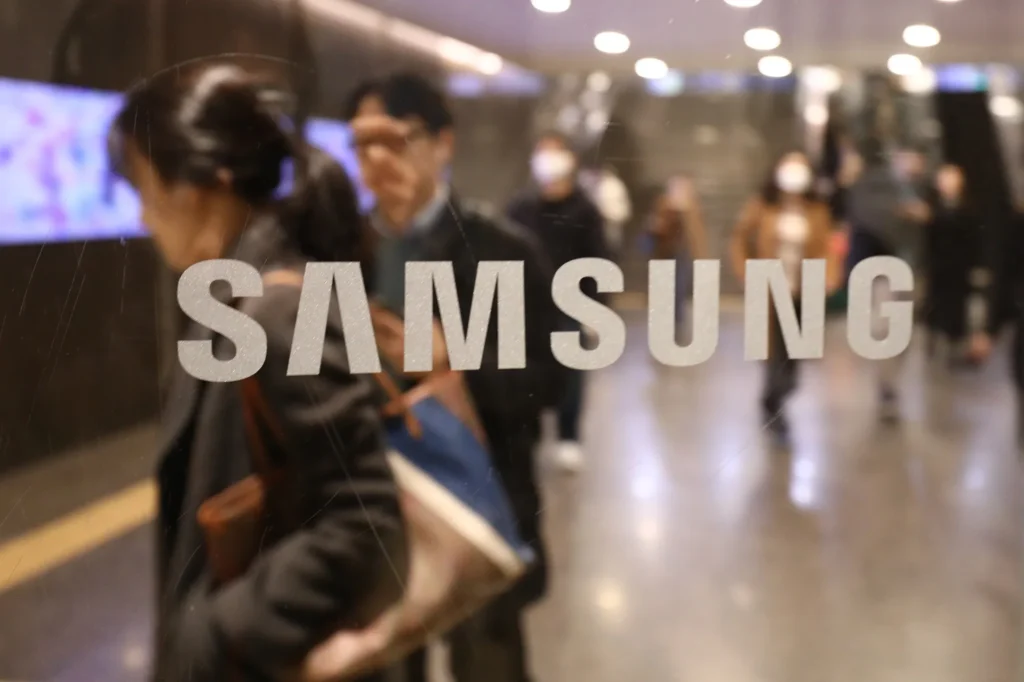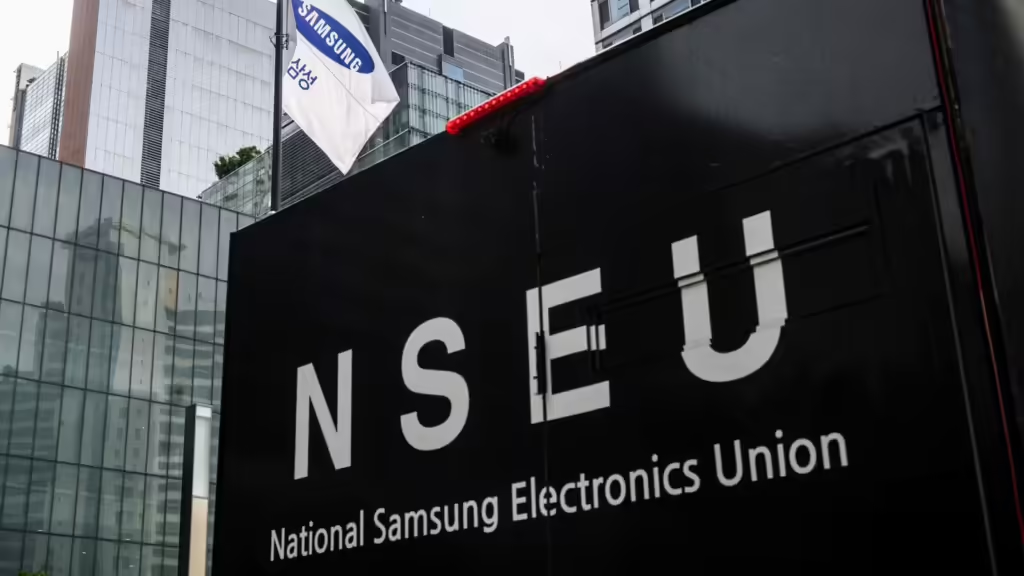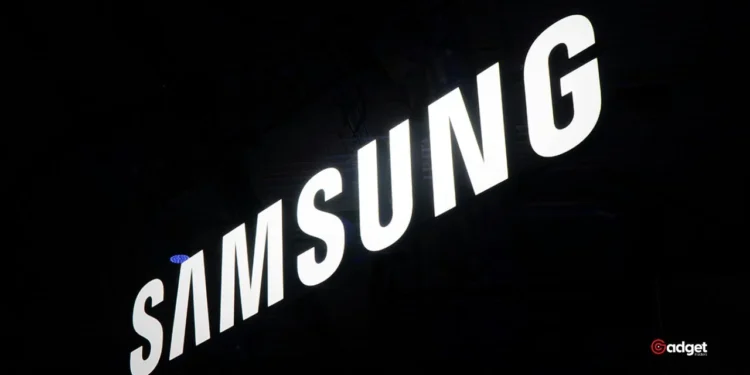Union members at Samsung Electronics made history on June 7, 2024, as they rallied outside the company’s Seoul headquarters, marking the first strike in the 55-year history of this tech behemoth. The Nationwide Samsung Electronics Union (NSEU), representing nearly a quarter of the company’s workforce in South Korea, called for a one-day strike following unsuccessful pay and bonus negotiations.

The Heart of the Matter: Pay and Bonuses
The NSEU’s decision came after talks broke down over compensation structures. Union leader Son Woomok indicated that many union members took their annual leave to participate in the strike, especially critical personnel from the company’s flagship semiconductor unit.
“Many employees used their annual leave today,” Son told CNN, highlighting the strategic timing between a public holiday and the weekend to minimize disruption.

Impact on Samsung’s Operations
Despite the walkout, a Samsung spokesperson assured that there was no significant impact on production. “Today’s annual leave use rate is lower than last year’s Memorial Day holiday’s annual leave use rate,” the spokesperson added, suggesting the company was well-prepared for the strike’s effects.

Challenging Times for the Chipmaker
The electronic brand has faced numerous challenges recently, from a global chip shortage during the COVID-19 pandemic to reduced demand due to economic uncertainties. However, the company has started to see a silver lining thanks to the burgeoning AI market and a renewed interest in high-end microchips.
Samsung’s Competitive Edge in the AI Market
In response to the growing demand for AI technologies and mobile devices, the company reported a significant increase in its first-quarter operating profit, which soared more than tenfold. The tech giant is competing fiercely with other industry leaders like Intel and Taiwan’s TSMC in the high-stakes realm of advanced microchips, with South Korea aiming to rival Taiwan’s dominance in this sector.
Looking Forward
As the world’s largest memory chipmaker navigates through these turbulent times, the recent strike adds another layer to the complex challenges facing Samsung. With its strategic focus on AI-powered devices and high-end chips, the company remains optimistic about its ability to adapt and thrive in the ever-evolving tech landscape.










